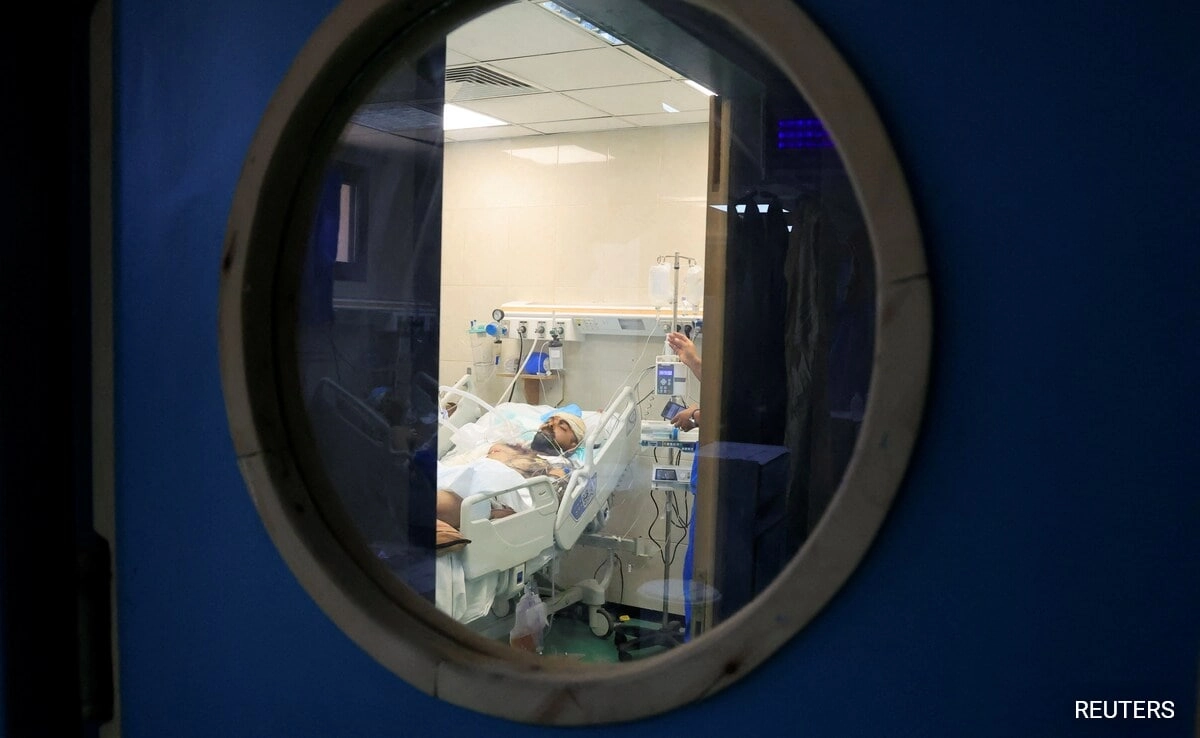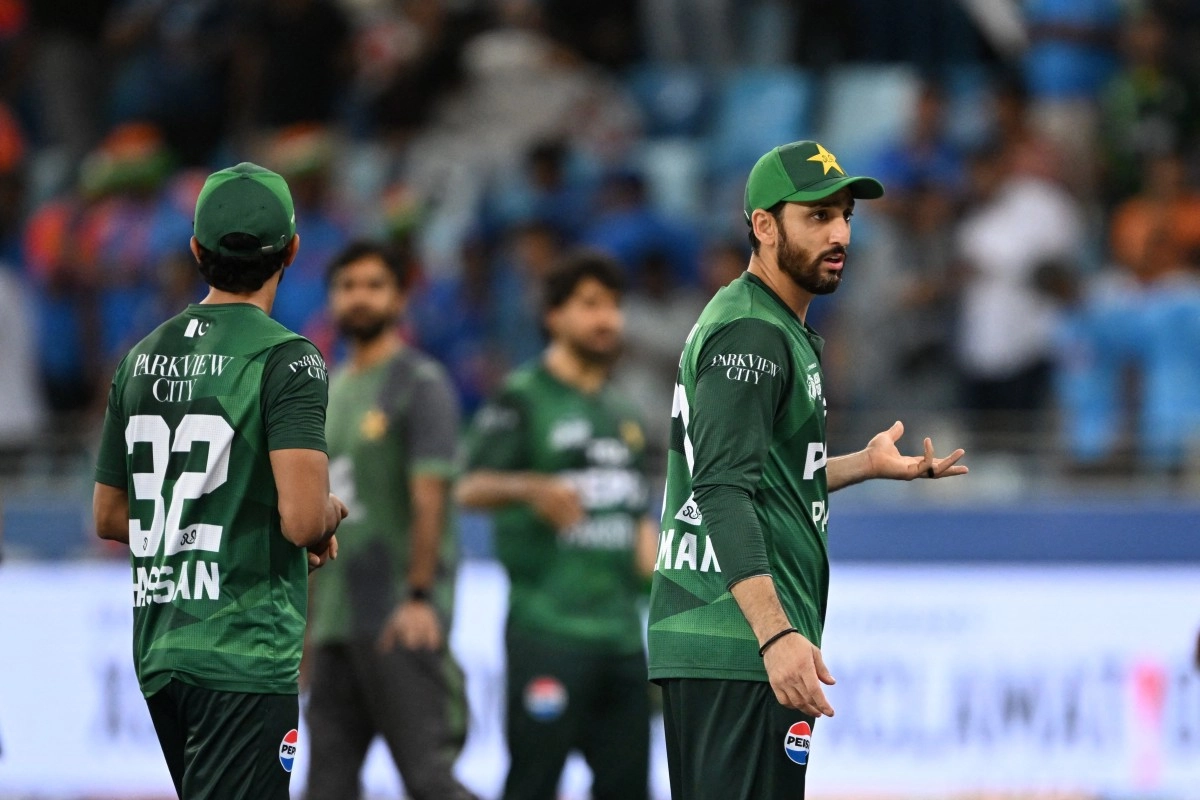In a tragic and heart-wrenching turn of events, a doctor from Gaza, revered for his dedication to saving lives, finds himself battling for survival in an intensive care unit. The toll of ongoing Israeli airstrikes has taken an unimaginable personal cost, as he has lost nine of his ten children in the relentless violence that has engulfed the region. This devastating loss underscores the profound human cost of the conflict, highlighting how deeply intertwined the personal lives of those in the midst of war are with the broader geopolitical struggles.
The doctor, who has devoted his life to caring for others, now faces the unthinkable reality of mourning the deaths of his beloved children. Each one of them, taken too soon, represented not just a loss for him as a parent but also a blow to the community that depended on his medical expertise. In a region where healthcare resources are already strained, the absence of a dedicated physician like him compounds the suffering experienced by countless individuals seeking medical assistance amidst the chaos of war. His story is emblematic of the broader narrative of despair that permeates the lives of many families in Gaza.
As the airstrikes continue, the sense of hopelessness among the population grows. Families are torn apart, and the psychological impact of such trauma is profound. Children, who are often the most vulnerable in conflict, are left to grapple with fear and loss in a landscape marked by violence and instability. The plight of this doctor and his family serves as a stark reminder of the urgent need for peace and resolution in the region. It calls into question the cost of warfare and the sacrifices made by those who are caught in the crossfire, revealing the human side of a conflict that is often viewed through a political lens.
The international community watches with bated breath, hoping for a ceasefire and a return to dialogue, yet the reality on the ground remains grim. The doctor’s story is not just an isolated incident but rather a reflection of a larger humanitarian crisis that demands attention and action. Advocacy for the protection of civilians and a commitment to ending the cycle of violence is more crucial than ever. As we reflect on the personal losses experienced by individuals like this doctor, we are reminded of the urgent need for compassion and understanding in the face of such overwhelming tragedy.




